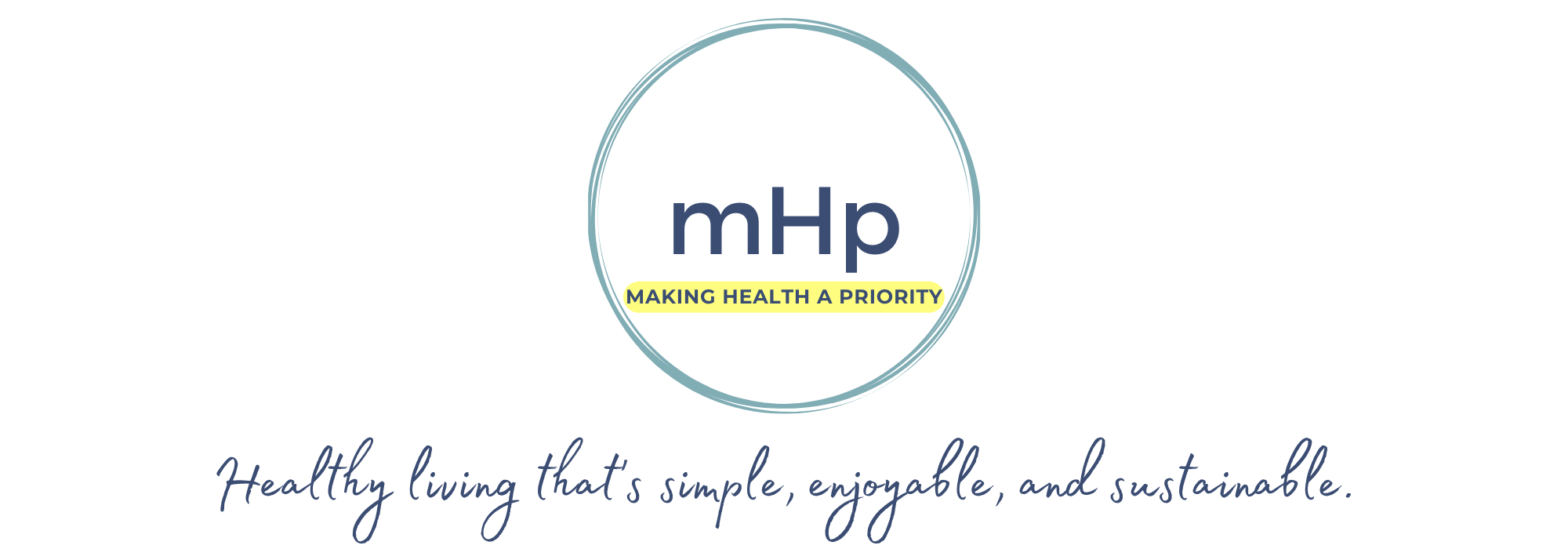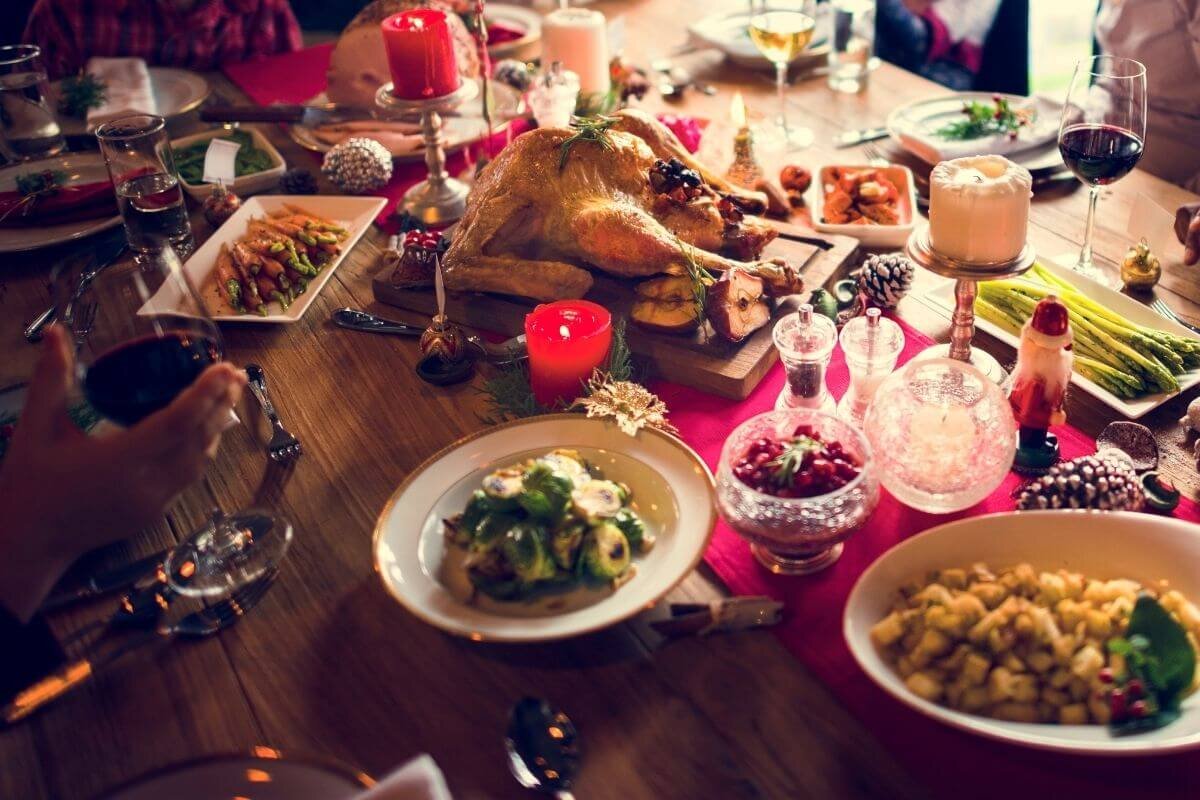It’s Not Your Last Supper: How to Avoid Last Supper Syndrome
Ever find yourself going crazy on a "forbidden food," telling yourself that "this will be the last time"... only to find yourself in the same situation later?
This is called last supper syndrome. It's a common pitfall that so many run into when trying to lose weight and/or eat healthier.
Last Supper Syndrome - An Example
Let's say my goal was to stay away from all dessert foods. I managed to do a good job... until my coworker brought in her famous chocolate chip cookies, and I just couldn't resist.
Having a cookie isn't the end of the world, of course...
But I decide to take things to the extreme. I decide that if I'm going to mess up, I might as well really mess up.
I go to town on some cookies. I treat my coworker’s cookies like something I'll never have again in my life. A last supper.
Why We Do This
Last supper syndrome results from feeling restricted — telling yourself that you can't have a particular food.
What happens when you're told you can't have something? You want it that much more, of course! 😄
The "bad" or "sinful" food becomes a forbidden fruit, which makes it even more enticing. This leads to a pattern of restriction followed by bingeing.
If you're trying to follow a strict diet, it's really easy to fall into this trap... repeatedly. In fact, many people spend a lifetime in this unhealthy pattern.
Good Intentions Gone Awry
Last supper syndrome starts with a good intention — usually a desire to get healthier. If your goal is to eat healthier, it makes sense to stay away from the unhealthy stuff, right?
Yes… and no.
If the restriction elevates that food to a higher level of desire, we may find ourselves unable to resist. In this case, the “last supper” mentality:
Lets us off the hook when choices get tough. (Because this is the "last time.")
Encourages us to over-indulge. (Since this is a "one-time opportunity," might as well go all-in, right?)
Gives us a sense of false hope. (Things are going to be different "on Monday.")
Reframing It
Going back to the cookie example... In this scenario, I looked at the plate of cookies as:
A "forbidden" food
A failure in self-control
An all-or-nothing proposition
"One last time" to indulge...
But what if I instead looked at it as:
A chance to enjoy a small amount of an occasional treat. This isn't something I'm forbidden from eating. It's just something I've chosen to eat less of, while eating more of the healthy stuff.
Not a failure at all. Healthy living is not an all-or-nothing sport. Practicing moderation is a healthy and sustainable way of handling life’s temptations.
Not the last time. There will be more cookies to enjoy in the future (no need to wolf them all down in one sitting).
Less Guilt, More Enjoyment
See how this approach takes the drama out of it? You don't have to go from complete abstinence to hog-wild. You don't have to feel guilty, then try to make yourself feel better with a "last time" story. Wanting a cookie doesn’t make you bad. It makes you human.
The Antidote to Last Supper Syndrome
It’s time to stop telling ourselves the "last supper" lie, and instead understand that every small action we take matters.
If you can refrain from the cookies, great. If you can’t (or simply don’t want to), then enjoying a small cookie (or part of a cookie) is better than bingeing on a plate of cookies, of course.
Mindful eating is the antidote to last supper syndrome. Eating a bite of a cookie slowly, and really savoring it (without guilt) can actually prevent a binge.
You might decide that the cookie is good, but not that good. Or you might realize that it really is that good, yet it’s possible to feel satisfied without stuffing yourself.
Once you learn how to do this, it’s a game changer. Just as mindfulness in our thinking can take away the power of negative thought patterns, mindfulness in our eating can take away the power that certain foods (seemingly) have over us.
It's all about developing a healthy relationship with food, and consciously improving our ratio of healthy choices over time.
A binge doesn’t get erased just because we’d like to forget about it and start over on Monday. A binge adds a pile of unhealthy choices in one shot, with guilt instead of pleasure. It makes us feel bad about ourselves and lose confidence. As our self confidence decreases, we self-soothe with more unhealthy food. It’s a downward spiral.
The antidote to this vicious cycle is to realize that every bite matters. If it’s going to be a less-healthy bite, then enjoy that bite, thoroughly, and move on.
Pin It! Follow mHp on Pinterest!
How About You?
I’d love to hear your thoughts on this. Please leave a comment below!
If you like tips/tricks to make healthy living simple and enjoyable, then I invite you to subscribe to my newsletter. This is where I share new posts and exclusive content!
This post was originally published on 12/15/20.
















How to shift your mindset about failure and keep it from holding you back.